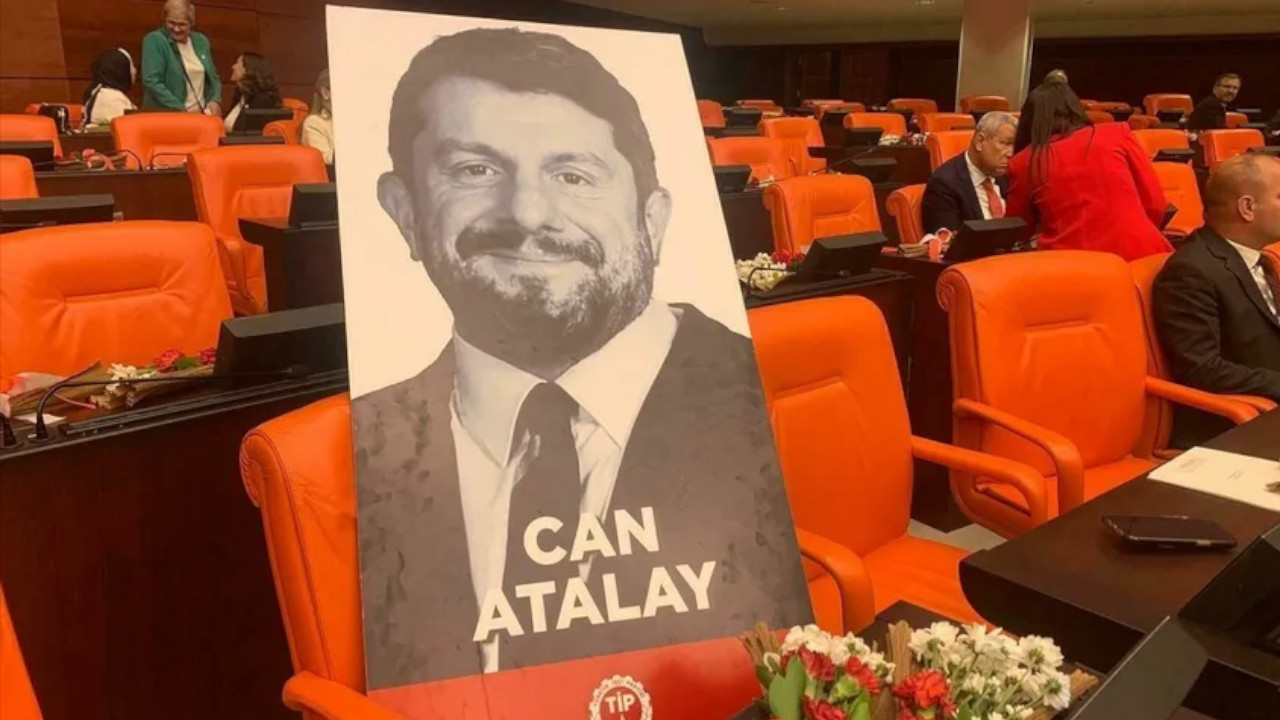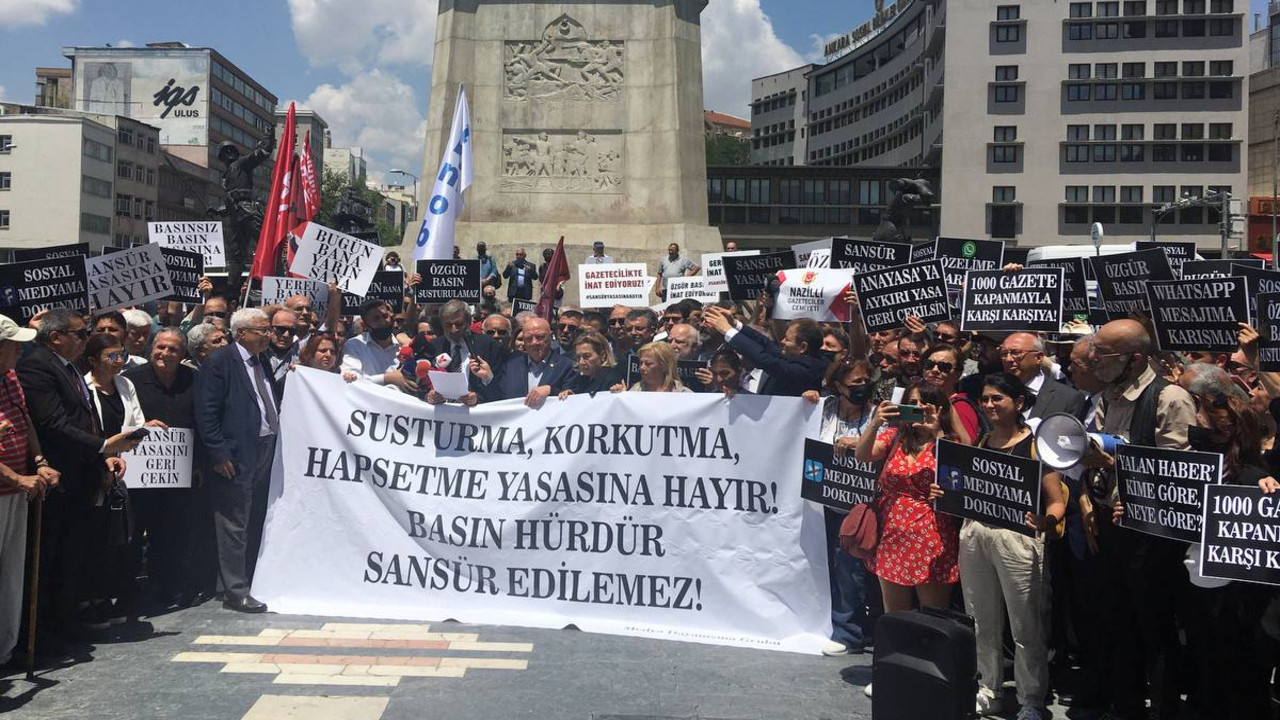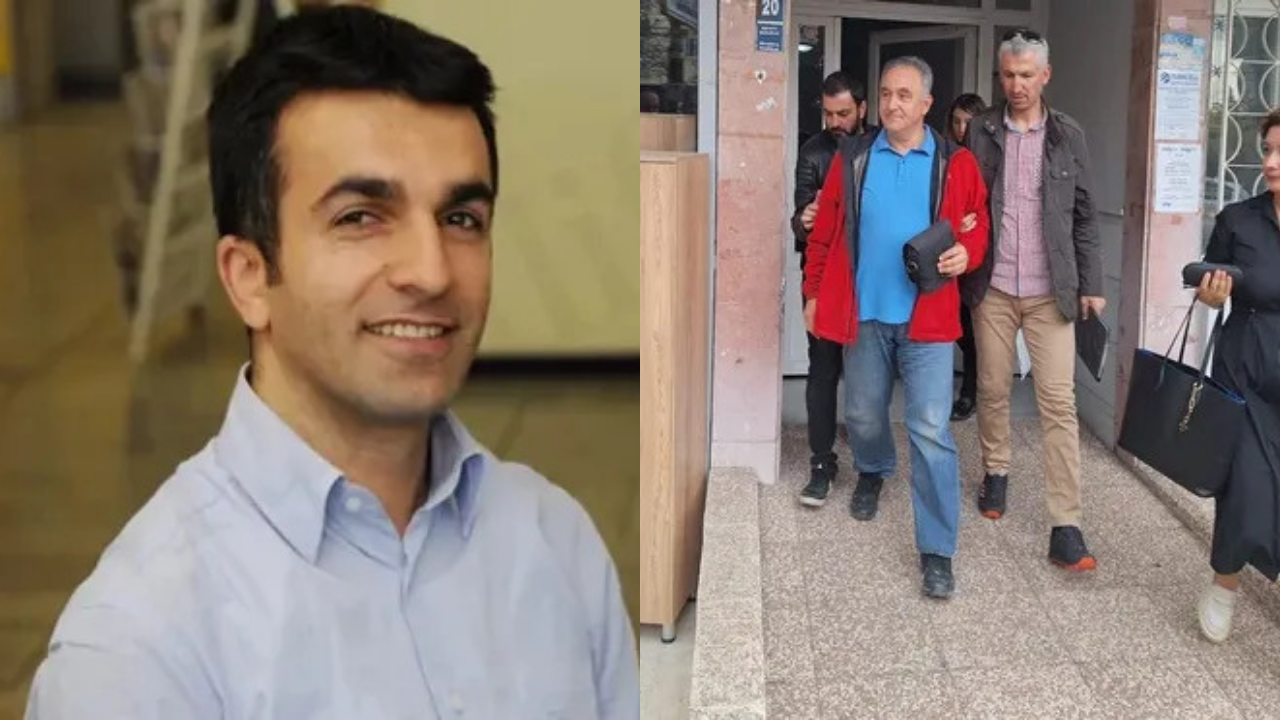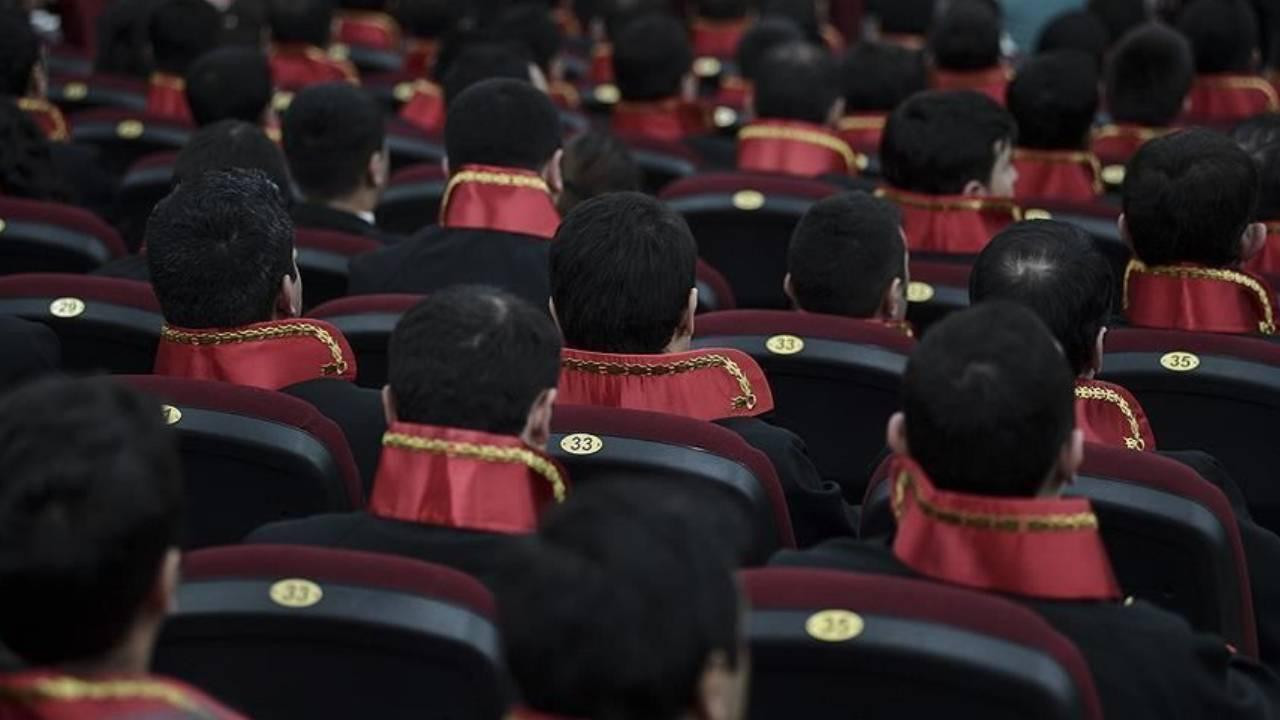Constitutional Court tries to change constitution with MP Atalay ruling, Turkish justice minister says
Turkey’s Justice Minister Yılmaz Tunç stated that the Court of Cassation is the final authority to review court decisions and argued that the Constitutional Court "changed the constitution" by overstepping its jurisdiction with its decision to release detained MP Can Atalay.
Duvar English
Answering questions about the non-implementation of the release decision of the Constitutional Court on the imprisoned Workers' Party of Turkey (TİP) Can Atalay, Justice Minister Yılmaz Tunç argued that Constitutional Court “overstepped its jurisdiction” and attempt "to change the constitution.”
"According to Article 154 of the Constitution, the Court of Cassation is the final review authority for the decisions of the courts of first instance. Their decisions are final in this sense. With (the release) decision, the Constitutional Court is changing the constitution using difference of interpretation,” Tunç said while answering the questions of daily Hürriyet.
Constitutional Court on Oct. 25 ruled that the "right to vote and be elected" and the "right to personal liberty and security" of imprisoned MP Atalay have been violated and ordered his immediate release. Nonetheless, the criminal court did not release the MP and refer the case to the Court of Cassation, the highest court of appeals in the country.
Tunç stated that Atalay was convicted in the Gezi Park trial and was not an MP during the appeal process. The Court of Cassation on Sept. 28 upheld his 18-year conviction.
According to Tunç, the Court of Cassation did not stop the trial process because “the offense was committed before the elections and did not fall under the scope of legislative immunity."
Nonetheless, the Constitutional Court found this justification inadequate for Atalay’s continuing imprisonment.
Tunç claimed that the Constitutional Court decided that there is a violation of rights because there was uncertainty regarding to which offenses were within the scope for lifting the legislative immunity and that the Parliament should make a new regulation.
“The interpretation of the Constitutional Court and the Court of Cassation is different,” Tunç claimed and added, “Conflict between courts harms the rule of law. A concept such as a subordination-superiority relationship between the high courts also harms the rule of law. No one has the right to this.”
Three inspectors in Istanbul investigate allegations of corruption in judiciary
Istanbul Anatolian Chief Public Prosecutor İsmail Uçar on Oct. 6 sent a letter to the Council of Judges and Prosecutors (HSK) regarding the allegations of bribery and misconduct in the cases held at Istanbul’s Anatolian courthouse.
Minister Tunç stated that three inspector were assigned to investigate the allegations. He added that they take every allegation seriously and that the HSK has also imposed penalties in the past.
A Turkish court on Nov. 1 arrested journalist Tolga Şardan of the online news outlet T24 for his reporting on the corruption of the Turkish judiciary on the charges of “overt propagation of misleading information.” Two others prominent journalists also temporarily detained over the same charges.
Tunç denied the existence of the National Intelligence Organization’s (MİT) report on the corruption in the judiciary, which Şardan stated that it was delivered to the Presidency.
He added that these news reports were disinformation and said, "But their concern is to create misperception, not news. Can we talk about good faith here? Should we allow them?"

 Turkish court refers imprisoned MP Atalay’s case to appeals court, defers his releaseHuman Rights
Turkish court refers imprisoned MP Atalay’s case to appeals court, defers his releaseHuman Rights Recent crackdown on prominent Turkish journalists heightens free-speech concernsMedia
Recent crackdown on prominent Turkish journalists heightens free-speech concernsMedia Turkish court arrests journalist over reporting on judicial corruptionMedia
Turkish court arrests journalist over reporting on judicial corruptionMedia Istanbul chief public prosecutor alerts top judicial body to corrupt judges and 'judicial cliques'Domestic
Istanbul chief public prosecutor alerts top judicial body to corrupt judges and 'judicial cliques'Domestic